PM backs ‘small' peacekeeping role as Australia stands up to ‘bully’ like Putin
Anthony Albanese, in signalling some ‘small’ involvement in a peacekeeping force in Ukraine, says Australia will always stand up to a ‘bully’ like Russian President Vladimir Putin.
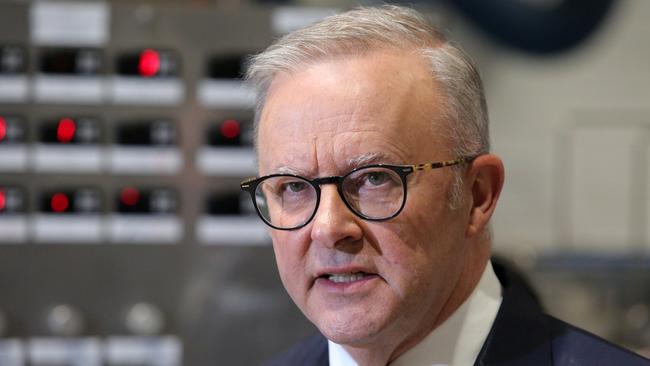
Anthony Albanese says Australia will always stand up to a “bully” like Russian President Vladimir Putin, as the Prime Minister put out his latest signal that he will move to be involved in some way in a “coalition of the willing” peacekeeping force in Ukraine.
Weeks out from calling a federal election, Mr Albanese on Sunday said any Australian contribution to a peacekeeping taskforce – first raised by British leader Keir Starmer – would be “small” but he would not be intimidated by Russian threats opposing the idea.
Mr Albanese joined Ukrainian President Volodymyr Zelensky, British and European leaders, and New Zealand and Canada on Saturday night (AEDT) at the Coalition of the Willing’s virtual summit.
The Sunday Times reported that Sir Keir was working towards a 10,000-strong Western peacekeeping force in the wake of a ceasefire.
Two British minehunter ships, which were transferred from the Royal Navy to Ukraine’s fleet last year and are also taking part in training exercises, were also reportedly ready to be deployed to the Black Sea in the event of a ceasefire.
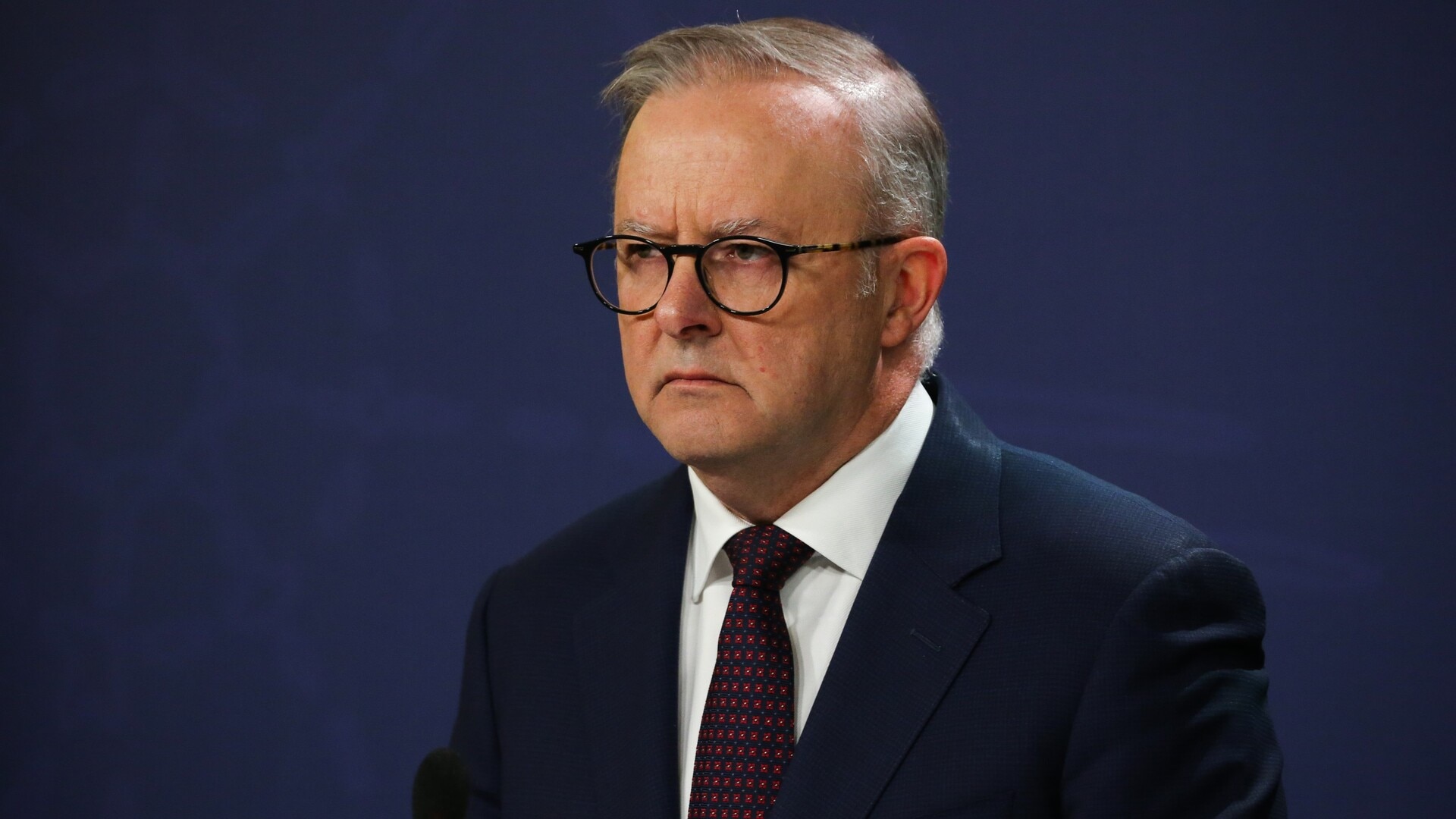
As Peter Dutton makes clear his opposition to any Australian involvement in a Ukraine peacekeeping force, Mr Albanese in Melbourne said it was in the nation’s security interest to stand with the East European democracy against Russia.
“If a large country like Russia is able to brutalise a small neighbour and a sovereign neighbour in Ukraine, that has implications for peace and security in the world,” Mr Albanese said. “Now Australia has a national interest in standing with Ukraine, and Australia does stand with Ukraine ... It’s not clear who Peter Dutton stands with or what he stands for.”
The Labor leader also stressed that no Australian troops would be involved in a peacekeeping mission until a ceasefire occurred.
“Australia has a proud record, over 80 years of participating in peacekeeping missions, including in Africa, in Cyprus, in a range of countries around the world,” Mr Albanese said. “It would be a small contribution if we chose to do so. But what we want to see is peace so that you can have peacekeeping.”
Former Home Affairs Department secretary Mike Pezzullo said “peacekeeping” in Ukraine would be more akin to putting a “war-fighting force” on the ground to defend against future Russian aggression and Australia should focus more on its own defence in the Pacific. “While described as ‘peacekeepers’ for Ukraine, what is being discussed is a war-fighting force to aid in the defence of Ukraine against future Russian aggression,” Mr Pezzullo said.
“Let’s be clear about terminology. This is a laudable cause, and hopefully the Europeans will follow through after being shocked into action by (Donald) Trump.”
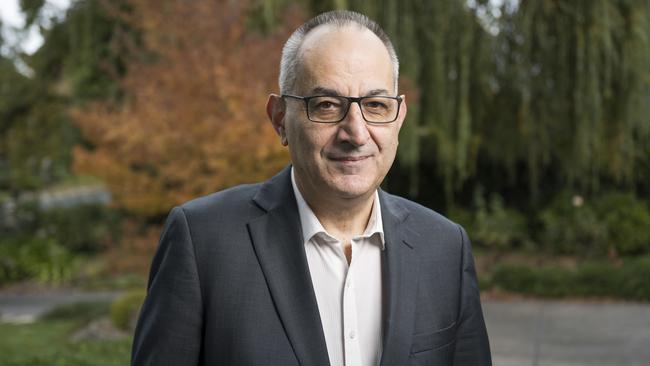
Mr Pezzullo said Australia should be “entirely focused on the looming prospect of war in the Pacific” and there was “no sign” we were adequately prepared.
“While the odds of such occurring over the next two to three years are probably only around 10-20 per cent, this should be considered to be material enough to trigger mobilisation and rapid acquisition of certain war-fighting capabilities,” he said. “Unfortunately, there is no sign of that.
“While we should support Ukraine in its life and death struggle, the higher priority is to prepare ourselves to defend Australia.”
After the Coalition of the Willing conference call of 29 leaders on Saturday, Sir Keir announced that military leaders from around the world would meet in London this week as plans for the multinational peacekeeping force moved to an “operational phase.”
A British official told The Sunday Times that the speed at which the peacekeeping force was being put together was “unprecedented”, evidence that Anglo-French relations were at their closest since their joint military intervention in Libya in 2011.
Mr Pezzullo on Sunday said the geography of Ukraine and the requirements of a peacekeeping mission would require significant resources but Europe should be able to provide it. “Given the terrain and geography, any defensive force would need to be at least divisional in strength (around 30,000 including supporting units), covered by air power and strike missiles,” he said.
“Depending on Russian intentions, it might need to be corps strength (three divisions). “Europe should be capable of deploying such a force.”


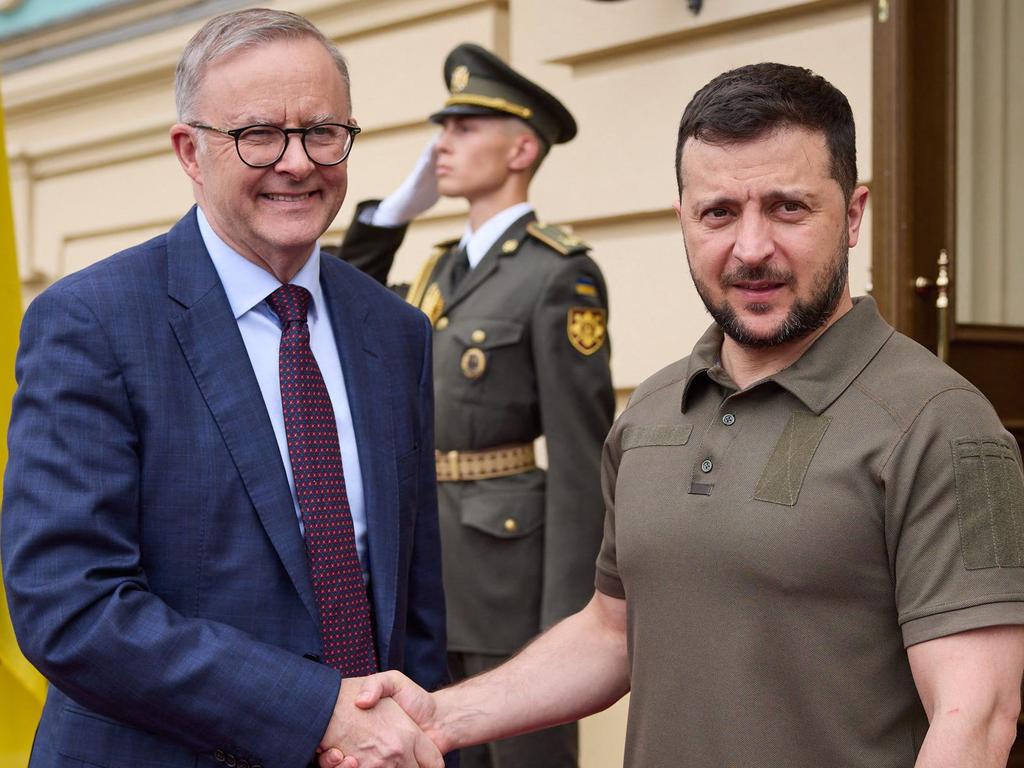
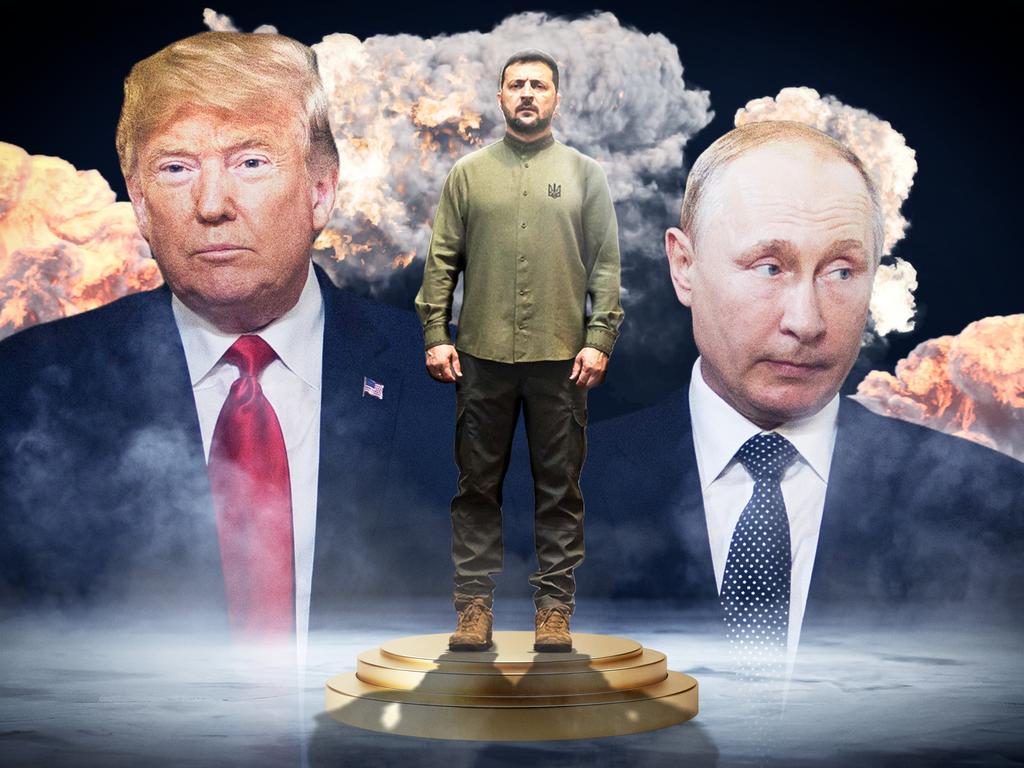


To join the conversation, please log in. Don't have an account? Register
Join the conversation, you are commenting as Logout